Female Entrepreneurs in Africa: Empowering Women to make change happen
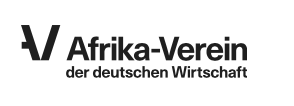
Date: 19 May 2022, 19:30 (CET)
Hamburg
Governments and economies around the world are facing enormous challenges. As diverse as the current hurdles may be, they have one thing in common globally: there must be fundamental change that is reflected in politics, culture, economics and society. While climate change is forcing us to put sustainability at the center of our economies, we will only succeed in changing our world for the better if we promote women as leaders and an equal part of our society.
In many parts of Africa, women still do not play an equal role in society, culture, business and politics. For development, education and equal opportunities to be effectively implemented, long-overdue decisions must be made and women in Africa must be given special support. Full equality must be prioritized as an integral part of politics and the economy, and ultimately enshrined in law. There is a long way to go. We discuss the hurdles and potentials on the way to women‘s empowerment in Africa with five experts.
Prospects and Opportunities of Greek Entrepreneurs for Trade and Investment in South Africa
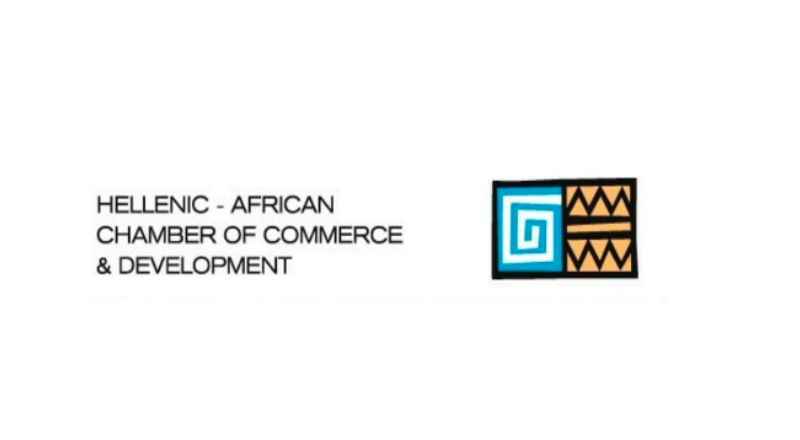
Date: 8 June 2022, 16:00 (CET-1)
Online
The Hellenic-African Chamber of Commerce and Development is hosting an event on prospects and opportunities and prospects for Greek entrepreneurs with regards to trade and investment in South Africa.
Expert Circle Automotive - Digital prelude 2022

Date: 4 May 2022, 15:00-16:30 CEST
Online
German-African Business Association (Afrika-Verein) cordially invites you to their event on the automotive industry.
Within the framework of the EU-African Business Forum in February 2022, Afrika-Verein and numerous African and European associations had the honour to sign a Memorandum of Understanding that builds the foundation to drive the European-African dialogue towards an automotive industry on the African continent.
Harnessing Synergies through Successful Cooperation in Africa Workshop I: Circular Economy in Egypt

Date: 27 April 2022, 10:00-13:00 CEST
Online
The German RETech Partnership, Afrika-Verein (German-African Business Association) and Business Scouts for Development have the pleasure to invite you to the first workshop of the business series.
Egypt is the second largest economy in Africa and one of Germany’s most important trading partners on the continent. While the country is known for its effective economic reforms, hunger for innovation and mayor infrastructural developments one of the potential growth sectors is too often ignored: the circular economy.
Botswana - Germany: Supply Chain Due Diligence Webinar

Date: 26 April 2022, 10:00-12:00 CET
Online
In collaboration with the Embassy of the Republic of Botswana in Berlin, Afrika-Verein (German-African Business Association) cordially invites you to their supply chain due diligence webinar.
Germany has now adopted the 2021 Act on Due Diligence in Supply Chains (DDSC) which will have tremendous impact on global supply chains that touch the German economy. Businesses must adapt to meet this opportunity and avoid the pitfalls and challenges of failing to comply. The DDSC is intended to universally promote fairness and enhance corporate social responsibility practices by improving human rights and environmental standards in global supply chains.
Africa Finance Forum | Disruptions in Global Agribusiness Supply Chains: Impact in Africa and Need for Collaborative Action

Date: 20 April 2022, 15:30-17:00 EDT
Washington DC, USA
African countries, which continue to be impacted by the COVID pandemic, are now faced with another economic shock from the war in Ukraine. Increases in global commodity prices, and especially oil which rose above decade-long highs of more than $100 a barrel shortly after Russia invaded Ukraine on February 24, are inflicting heavy costs to many African governments, their agricultural sectors, farmers, and vulnerable food-dependent citizens.
The conflict in Ukraine is severely impacting food security globally, and especially in many African countries that rely on key agricultural imports. Russia and Ukraine are among the top exporters of wheat (almost one-quarter of global wheat exports) as well as barley, sunflowers, and maize while Russia is a key producer of fertilizer. But war-induced disruptions in the agricultural sector in Ukraine and heavy economic sanctions on Russia are raising the price of wheat, fertilizer, and other agricultural products.
Roundtable Discussion with Hon. Raila Odinga, African Union High Representative

Date: 25 April 2022, 09:30-10:30 EDT
Washington DC, USA
This discussion is a great opportunity to hear about Africa's infrastructure plans from the AU's High representative.
Mr. Odinga will also share his views on Kenya and the East Africa regional market.
eCommerce Week 2022: Data and Digitalization for Development
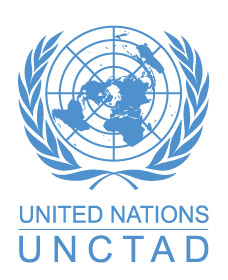
Date: 25-29 April 2022
Hybrid
The eCommerce Week will take place simultaneously in Geneva and online from 25 to 29 April 2022, organized by UNCTAD in collaboration with eTrade for all and other partners.
It will look at ways to strengthen the ability of developing countries, including least developed countries (LDCs), to continue engaging in and benefiting from e-commerce and the digital economy, to build more resilient and inclusive societies in a dramatically different post-COVID-19 environment.
IA Connect Mining Series
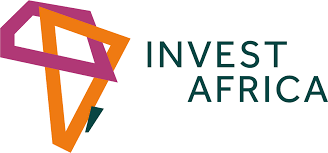
Date: 9-12 May 2022
Cape Town
Invest Africa will host it’s 9th annual Invest Africa Connect Mining Series in Cape Town this year, from the 9th to the 12th May. This exclusive programme of events will host many high-level business meetings, luncheons, breakfasts and cocktail receptions – all dedicated to identifying and examining investment opportunities across the continent.
Energy mission to Tanzania
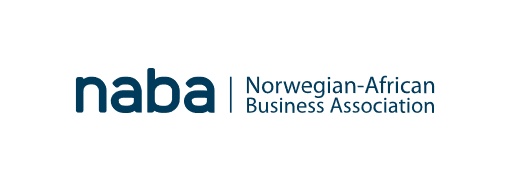
Date: 3-6 May 2022
The Norwegian African Business Association (NABA) - in partnership with Invest Africa (UK) - is bringing energy investors to Dar es Salaam, Tanzania, from the 3rd - 6th of May.
Please get in touch with NABA to learn more about this exciting opportunity.




